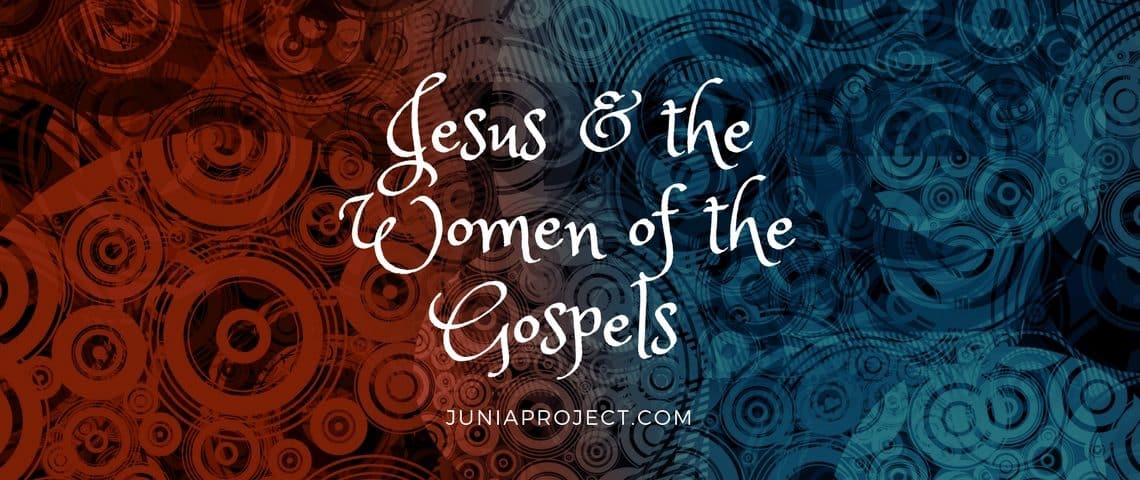
Sometimes I still believe the myths. You know, the soft rumblings of that devilish voice that says, “you don’t have much to offer a congregation beyond your work in children’s ministry” or “you can preach, but only at our women’s retreat,” or “keep working just a little bit harder, eventually someone will notice you deserve a raise”.
It is rumblings like these that remind me the glass steeple of the Church sometimes hangs far lower than the glass ceiling of the world at large. The voices of Christian preachers struggle endlessly to speak to the broader culture, they beg and plead for equality, justice, love, and compassion. Not but a few feet away, their words of Jesus’ ministry painfully reverberate off the cold beams of this glass steeple that keeps women, and people of color, from positions of power in our congregations.
I grew up in a church that was proud of its glass steeple. Women had a specific role: teaching the children. During high school, I led small groups and bible studies for younger age groups. My youth pastor’s wife—a better preacher than my youth pastor—was someone I admired. It was only after watching her play, ever so thoughtfully, within the Biblical text that I could imagine myself doing the same.
In college, I finally received an education that deconstructed my faulty views on gender and solidified my call into ministry. During my early years of ministry I served at two different churches, both fantastically egalitarian. Yet I sold myself short. I pigeonholed my own gifts to children. I spent far too many years spinning my wheels as a Director of Children’s Ministry and found myself burnt out, frustrated, and hurt. I still had never negotiated my salary, taught a group of adults, or felt I had much to contribute as a staff member.
Somehow I continued to grow in self-assuredness and refine my voice as a preacher. Lingering doubts still crop up from time to time. I often hear people say we need to see women and people of color preaching in our congregations and leading our churches in order to imagine an egalitarian world. But we already have a tool we can use to expand our imaginations. The Bible often uses the stories of women to teach us important lessons about our Messiah.
Mary, Jesus’ Mother John 2:3
At the wedding at Cana, Jesus is not instantly convinced that he is supposed to do a miracle to turn water into wine. In fact, initially when Mary nudges Jesus to do something about the lack of wine he responds with, “What concern is that to you and to me?” Mary’s encouragement of Jesus into his calling teaches us about the power of our Messiah to perform miracles.
The Hemorrhaging Woman Mark 5:25-34
Jesus doesn’t initially set out to heal the hemorrhaging woman. Jesus and his disciples are on their way to heal Jairus’ daughter and she is overlooked and bound to remain that way. Her courage shows us Jesus’ ability to heal through touch. She reaches out to him, touches the hem of his robe, and Jesus turns and looks around. “Who touched me?” He senses that power has left him. This woman, who is healed through her faith, sought Jesus and teaches us about his healing role as the Messiah.
The Canaanite Woman Matthew 15:21-28
Reading through the Gospels it is clear that Jesus came as Israel’s Messiah. And then, reading further, we realize that his Messiah-ship was for gentiles too. The Canaanite woman teaches us something extremely critical about Jesus’ incarnation. I imagine the look of surprise and realization when he hears her deep faith in him regardless of her identity as a gentile. Suddenly, we realize that Jesus has come to heal all people, Gentile, and Jew alike! This is perhaps the single most important thing these women teach us about Jesus as the Messiah. This beautiful truth follows through the end of the Gospels as Jesus says, “today you will be with me in heaven” to the criminal on the cross and, “forgive them, they know not what they do” on behalf of his captors.
These examples remind me that women were integral to the Gospel message of Christ as the Savior of the World. We need these women to learn the true breadth of Jesus’ calling as the Messiah. Their stories expand our imaginations and give us a clear picture of what Jesus came here to do. These women give me courage. Christ gives me a calling.



One response to “Jesus & the Women of the Gospels”